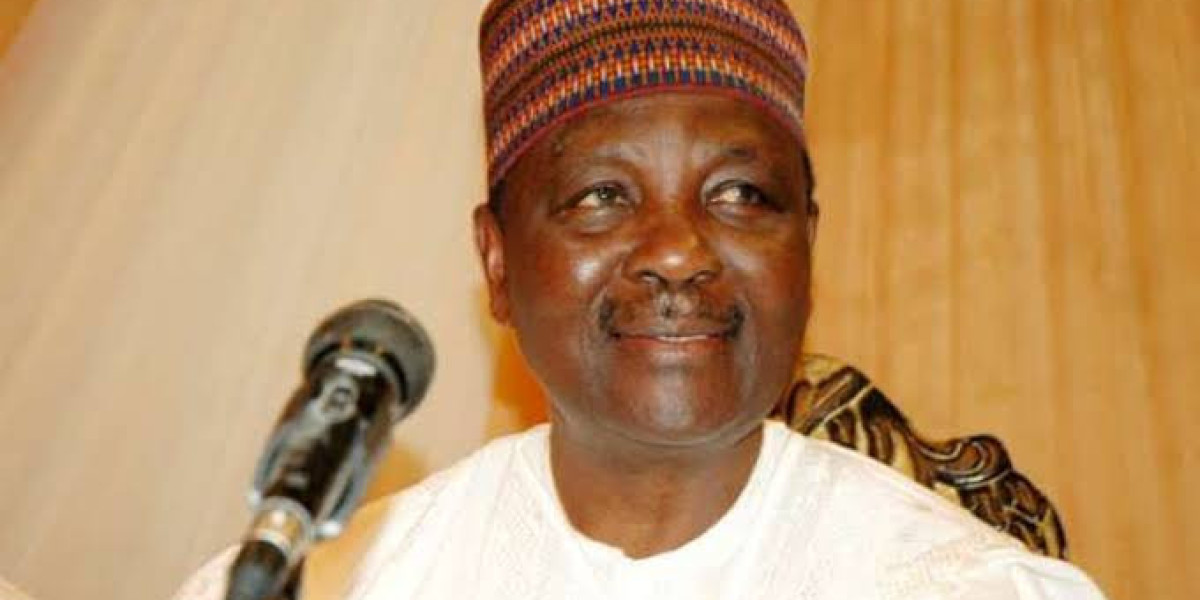Former Nigerian Head of State, General Yakubu Gowon (rtd), has offered new insights into two pivotal moments in the nation's history: the prelude to the Nigerian Civil War and the coup that ended his nine-year rule. In a rare and detailed interview, the elder statesman shed light on the collapse of the Aburi Accord and revealed he had prior knowledge of the 1975 coup that ousted him.
Speaking on Wednesday, General Gowon recounted the high-stakes negotiations at the Aburi conference in Ghana in January 1967, which was a last-ditch effort to prevent the secession of the Eastern Region. He attributed the failure of the accord to a fundamental disagreement over the command of the military. According to Gowon, the then-leader of the Eastern Region, Chukwuemeka Odumegwu Ojukwu, insisted that regional governors should have control over their respective military commands, a proposition the federal government could not accept.
"The sticking point was the command structure of the armed forces," Gowon stated. "We could not agree to a situation where the military would be regionalized in a way that undermined national unity and authority."
These remarks have reignited discussions about the causes of the Nigerian Civil War. Reacting to Gowon's recent statements, a pan-Igbo women's organization has challenged his narrative, urging him to offer a "sincere apology" for the war and what they described as the marginalization of the Igbo people.
In the same interview, the 90-year-old former leader made the startling revelation that he was aware of the plot to overthrow his government in July 1975 while he was away in Kampala, Uganda, for an Organisation of African Unity (OAU) summit. Despite being informed of the impending coup, General Gowon said he chose not to take preemptive action.
"I knew about it. I was told that it was going to happen," Gowwu disclosed. "But I did not want to cause any bloodshed or create a situation that would further destabilize the country. My priority was the unity and stability of Nigeria."
In recent weeks, General Gowon has been vocal on other national and regional issues. Last month, he expressed hope for the return of Niger, Mali, and Burkina Faso to the Economic Community of West African States (ECOWAS), a body he helped found. He also firmly stated that military rule should never return to Nigeria, advocating for the continued development of democratic institutions despite their imperfections.
As Nigeria continues to grapple with its past and present challenges, General Gowon's reflections provide a crucial historical perspective, prompting renewed debate and analysis of the nation's journey.









